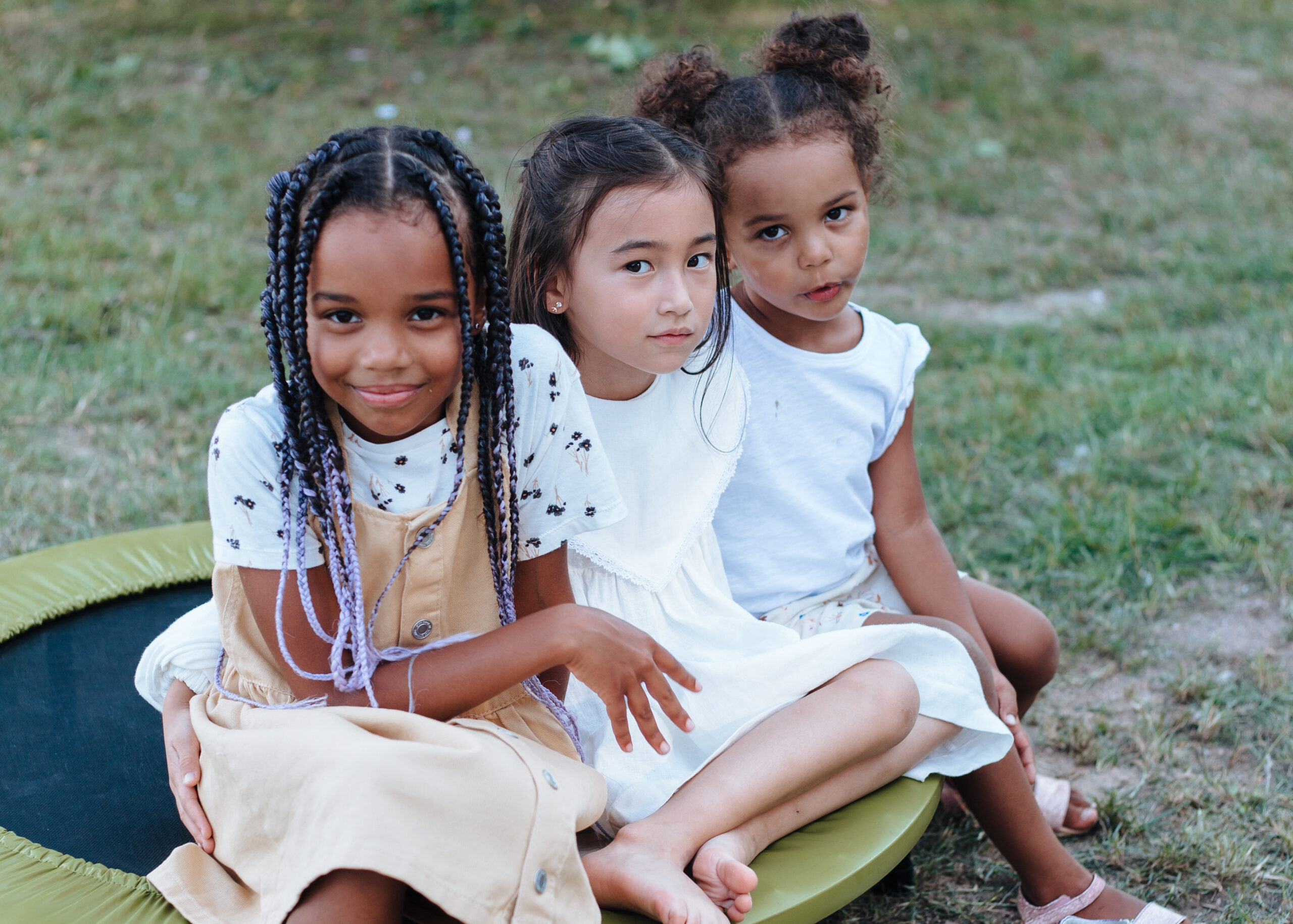There is a beautiful ‘everythingness’ in all of us. The key to living well is being able to live flexibly and more deliberately between our edges.
So often though, the ‘shoulds’ and ‘should nots’ we inhale in childhood and as we grow, lead us to abandon some of those precious, needed parts of us. ‘Don’t be angry/ selfish/ shy/ rude. ‘Don’t argue.’ Ugh.
Children will see themselves through our eyes, and live into the role accordingly – the brave one, the anxious one, the good girl, the troublemaker, the quiet one, the wilful one, the strong one, the soft one, the sporty one, maths isn’t his thing, she’s not a reader. The more narrowly we define them, the less space we leave for the undiscovered parts of their ‘everythingness’ to grow.
Let’s make sure our children don’t cancel parts of themselves. They are everything, but not always all at once. They can be anxious and brave. Strong and soft. Angry and calm. Big and small. Generous and self-ish. Some things they will find hard, and they can do hard things. None of these are wrong ways to be. What trips us up is rigidity, and only ever responding from one side of who we can be.
We all have extremes or parts we favour. This is what makes up the beautiful, complex, individuality of us. We don’t need to change this, but the more we can open our children to the possibility in them, the more options they will have in responding to challenges, the everyday, people, and the world.
We can do this by validating their ‘is’ without needing them to be different for a while in the moment, and also speaking to the other parts of them when we can.
‘Yes maths is hard, and I know you can do hard things. How can I help?’
‘I can see how anxious you feel. That’s so okay. I also know you have brave in you.’
‘I love your ‘big’ and the way you make us laugh. You light up the room.’ And then at other times: ‘It can be hard being in a room with new people can’t it. It’s okay to be quiet. I could see you taking it all in.’
‘It’s okay to want space from people. Sometimes you just want your things and yourself for yourself, hey. I feel like that sometimes too. I love the way you know when you need this.’ And then at other times, ‘You looked like you loved being with your friends today. I loved watching you share.’
The are everything, but not all at once. Our job is to help them live flexibly and more deliberately between the full range of who they are and who they can be: anxious/brave; kind/self-ish; focussed inward/outward; angry/calm. This will take time, and there is no hurry.



Leave a Reply